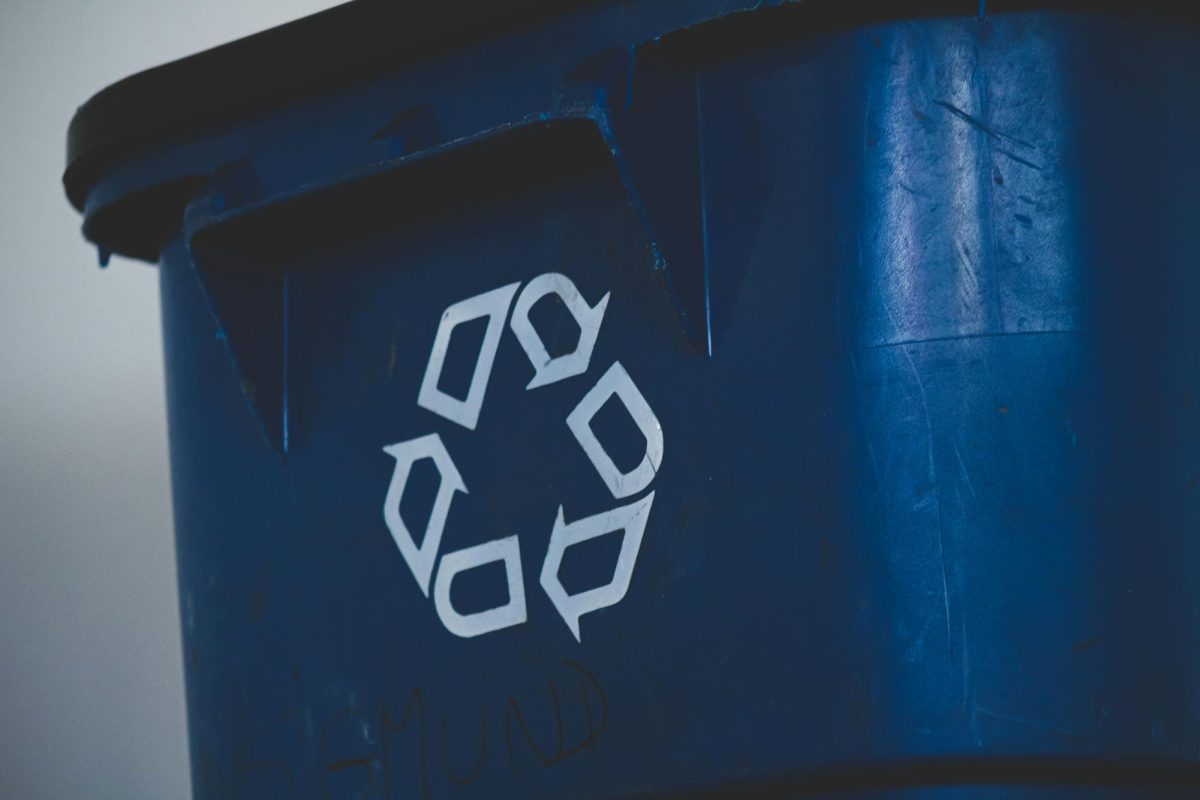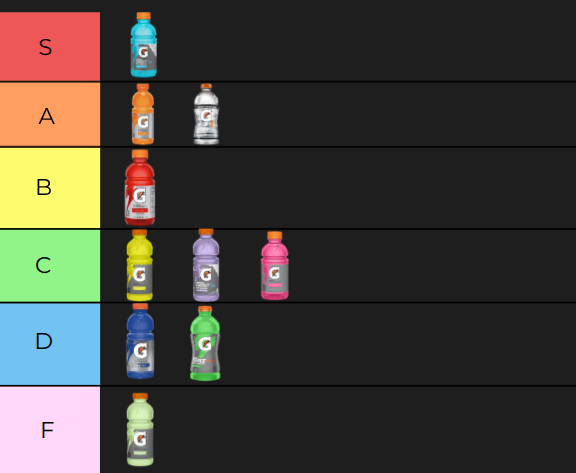Reduce, reuse, recycle are the words that we have all heard our whole lives when it comes to protecting the environment and our planet. From the age of elementary school, we have all been told that recycling is one of the best things that someone can do for the planet. But is recycling really as beneficial as we have been told it is?
New studies being conducted around the world are beginning to show that recycling is not as effective as commonly believed by the many avid recyclers both in Northport and around the country. In recycling facilities, the typical process takes quite a few steps before the materials can be used for other purposes.
First, plastics are sorted based on different types and numbers that are produced. Most of the time, plastics that are numbers 1 and 2 are recycled. These types of plastics make up shampoo, soap, water, and soda bottles as well as dishwashing detergent and milk jugs. Once sorted, the plastics will be cleaned, and chopped into smaller pieces that can be melted together to create other objects.
Although recycling can help protect the environment, it has also been found to have many negative effects associated with it. In the UK, a study was done that showed that between 6 and 13 percent of plastics recycled were turned into microplastic byproducts.
Microplastics are very harmful to the environment as they are extremely small pieces of plastic that take long amounts of time to biodegrade. Because of their size, they also can enter the food chain when marine life ingests them. These microplastics have been found all over the world and have even been discovered in the human body.
Even though it may appear that many people recycle and that it can only be helpful to the planet, the process does not occur nearly enough for it to be completely effective. New statistics show that worldwide, about 9 percent of the plastics produced are recycled. This number is shockingly low and means that recycling may not be as successful as commonly believed if it is only taking place this much globally.
Not only are the percentages related to recycling extremely low around the world, but they are even lower in the United States. The same statistics show that the US is lower than the global average with recycling, and its number is about 6 percent. With recycling levels so low, it should come as no shock that recycling is not a completely effective method of removing the plastic waste that is accumulated daily by people around the world.
So what can we do about the global recycling problem taking place? To start, researchers say that we should not stop recycling altogether. While it may create some harmful byproducts and not be the most ideal process, it is currently one of the best options when it comes to renewing the plastics continuously created all over the world.
An increase in the amount of people recycling may help to make it more effective overall. Researchers also suggest that creating and enforcing stricter regulations when it comes to recycling plastics should help minimize the negative effects that the process may create.
Whether you consider yourself to be a long-time recycler or someone who has never recycled before, it is a great idea to partake in the process. Even though the process of recycling may have some negative effects, it is important to do our best to protect our planet and the environment. Recycling is one of the easiest ways to do this, which makes it a good way for both the people of Northport and the US can do their part in making the world a better place.





















Paul Barattini • Mar 18, 2024 at 4:28 pm
Very interesting. Very nice research.